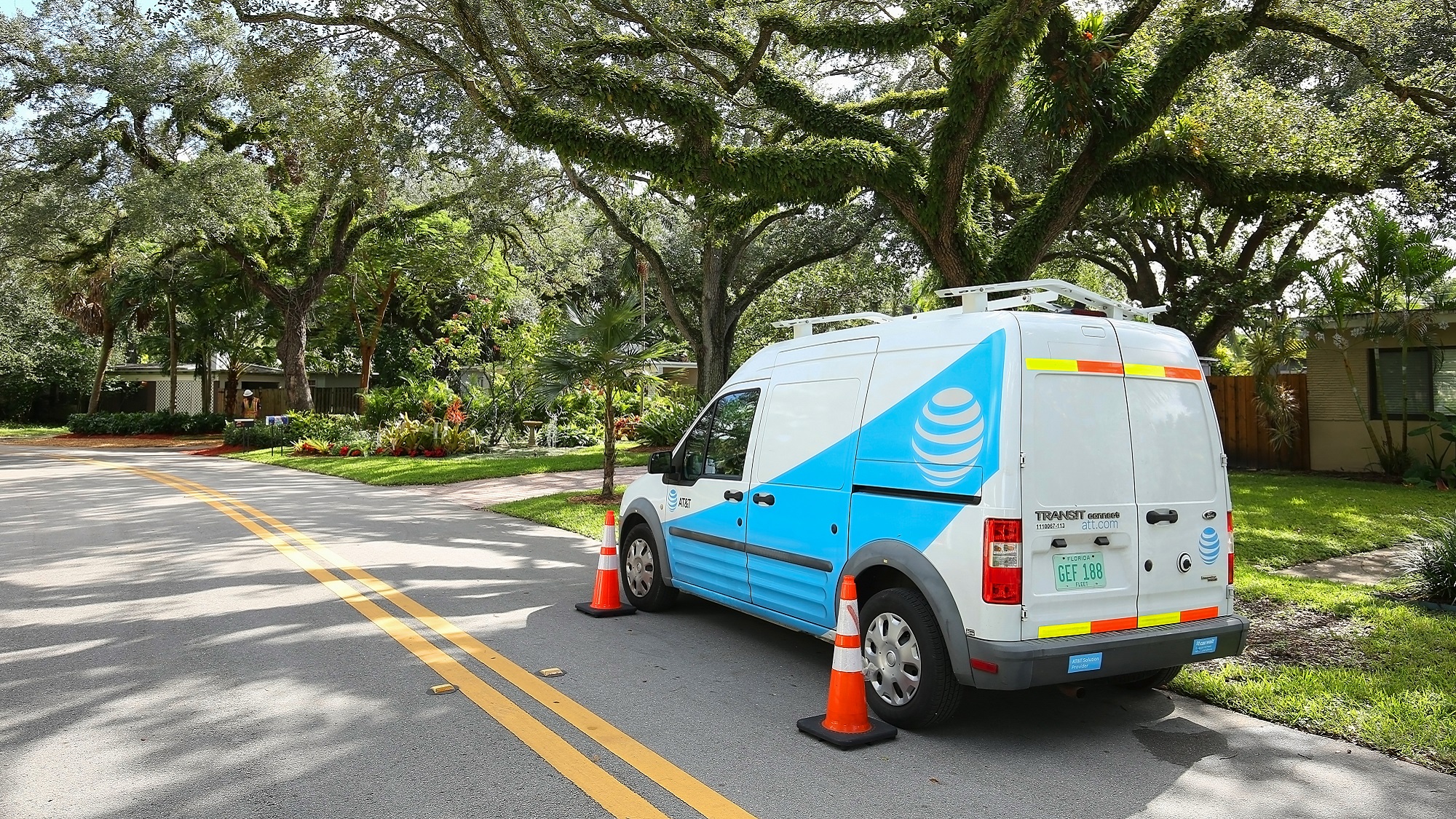
As December was wrapping up, I was in a mad dash to download the best games of 2021 so that I could evaluate games for Game of the Year. I'm a part of the New York Video Game Critics Circle, a non-profit organization that puts together a yearly award show each January. I, along with other journalists, work hard to evaluate games, with ticket sales and proceeds going towards our youth-focused charity work.
It was in downloading games like Resident Evil Village and It Takes Two that I got another dreaded email from Xfinity, the internet service provider by Comcast. In it, the email said that I was close to my monthly data limit.
"We’re letting you know because your bill can be impacted if you go over your 1.2TB (1229 GB) plan," the email said.
Of course, I could eat the cost and continue downloading. I would have to pay an additional $10, plus tax, for each additional 50GB. At the very least, Xfinity was gracious enough to set a maximum on overage fees at $100 per month.
But I continued downloading. I wanted to max out my 1.2TB limit because I knew in a few days that would all change. Over the summer, AT&T technicians had laid fiber optic cable behind my family's home in Houston and the service was now live.
The AT&T technician did an excellent job of setting up my home for fiber. He was quick, quiet and respectful. And once the service was up, I noticed an appreciable uptick in performance. While I was also paying $100 per month for 1gbps service with Xfinity, I'd be lucky to get half that. Upon switching to AT&T Fiber's $70 plan, my pings were often in the teens and my download speeds exceeding 600mbps at the minimum. And the best part: no annoying emails saying that I would be approaching my data cap.
Sure, now I could play Halo Infinite late into the night and my family could stream Amazon Prime at 4K, but the greatest advantage has been the relief from data cap anxiety. In the past, I was always cognizant of what I was downloading. Sometimes I would put off downloading large 50GB games till the first of the month so that we wouldn't hit our data cap. Now, it wasn't a concern.
Get instant access to breaking news, the hottest reviews, great deals and helpful tips.
Recently, my friends had jumped on to play Rocket League. I have the game installed on PC but didn't feel like going to my computer. So, I turned on my Xbox Series X and started downloading the 30GB game. It was then that I realized that I didn't have to think about my data usage anymore. In the past I would have gotten up to turn on my PC just so I wouldn't eat from my data allotment. It now seems ridiculous to me that I thought of my internet in such terms. And it was then that I felt free from Comcast.
A week after I got AT&T Fiber, I had completely forgotten that I still needed to cancel Xfinity. I called up Comcast and requested my service be cancelled. The representative asked why, and I told him bluntly that I felt the company's data caps were unfair. (I've actually written about the unethicality of Comcast in its continued push to implement data caps across the country as Covid-19 was forcing parents and students into remote models.)
I had a feeling of Schadenfreude when the representative asked if there was anything he could do to have me stay on as a Xfinity customer. Before he could go into any other sales pitches, I told him point-blank, "it's too late, I've already switched."
Read next: Prime Early Access Sale could be the perfect opportunity to break free from your ISP.

Imad is currently Senior Google and Internet Culture reporter for CNET, but until recently was News Editor at Tom's Guide. Hailing from Texas, Imad started his journalism career in 2013 and has amassed bylines with the New York Times, the Washington Post, ESPN, Wired and Men's Health Magazine, among others. Outside of work, you can find him sitting blankly in front of a Word document trying desperately to write the first pages of a new book.
